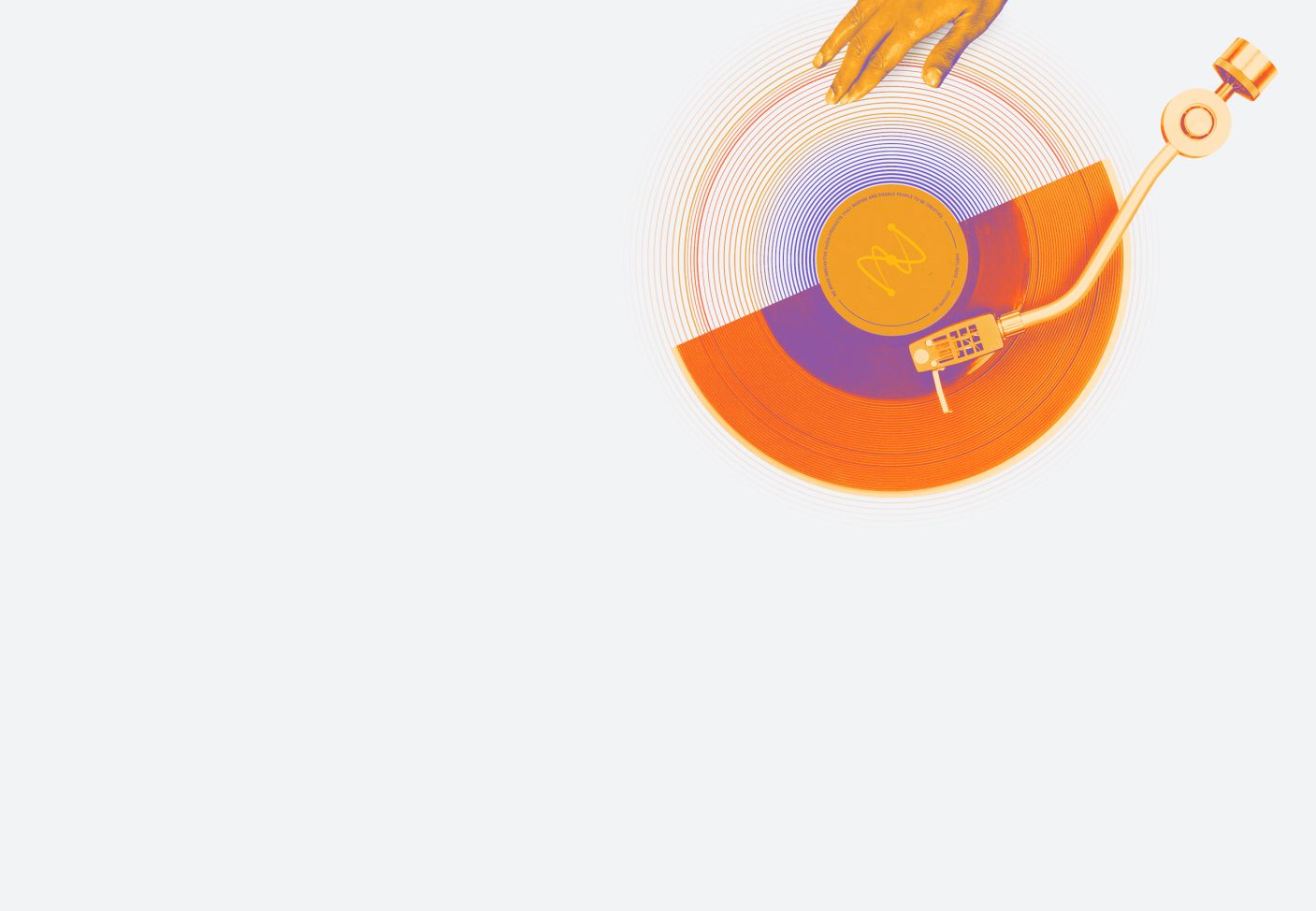Sokel
Master Contributor
- Joined
- Sep 8, 2021
- Messages
- 6,202
- Likes
- 6,322
I may be a little cruel here,but the production process is no fun.People get payed for it.
They get payed following the chain of what I use to have fun and I except them to deliver.
If they don't I go to the next that has done the job right.
Even if I like scrutinizing things,the first goal is fun,second goal to be true to recording as much as I can.
I pay for this you know,I do not inted to do someone else job even if I have studied the subject as much as they do.
Of course being a hobbyist and try to do the same with partial information because random guys said so in the internet is a joke,right?
They get payed following the chain of what I use to have fun and I except them to deliver.
If they don't I go to the next that has done the job right.
Even if I like scrutinizing things,the first goal is fun,second goal to be true to recording as much as I can.
I pay for this you know,I do not inted to do someone else job even if I have studied the subject as much as they do.
Of course being a hobbyist and try to do the same with partial information because random guys said so in the internet is a joke,right?

